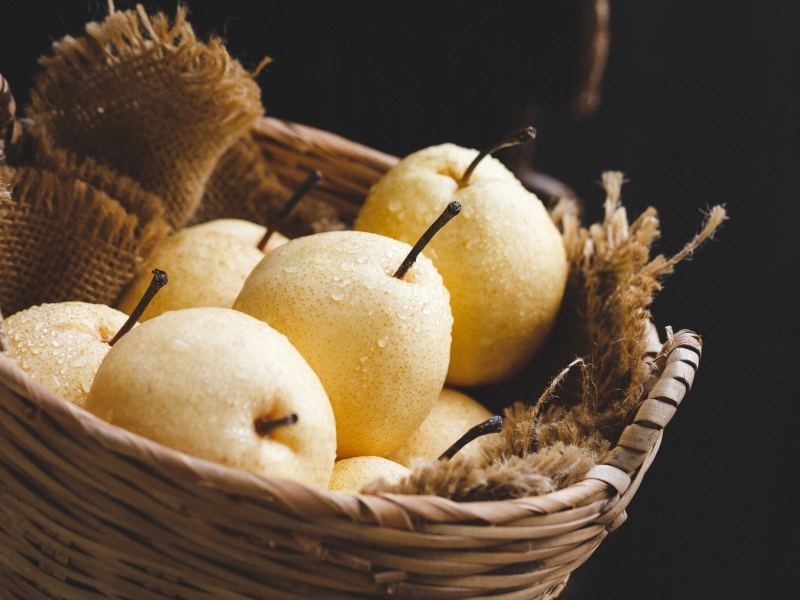Advertisement
2. The Role of Fiber in Digestion

Advertisement
A good diet consists mostly on fibre, hence pears are a great provider of this vital element. Two basic varieties of dietary fiber—soluble and insoluble—both of which are rather important for digestion are Including foods high in fibres, such as pears, will aid to maintain gut health and enhance general digestive capacity.
Found in pears, soluble fibre breaks down in water to create a gel-like state in the digestive tract. This mechanism slows down food digestion so that nutrients may be better absorbed and blood sugar levels may be more steady. By adhering to cholesterol molecules and allowing their elimination from the body, soluble fibre can also aid to reduce cholesterol levels. Maintaining cardiac condition depends especially on this.
Conversely, insoluble fibre gives the stool volume but does not dissolve in water. This kind of fibre promotes regular bowel motions and helps food pass the digestive tract, so preventing constipation. Including pears in your diet can help you to acquire both kinds of fibre, which cooperate to maintain digestive health.
Furthermore helping to avoid digestive problems such diverticulitis, haemorrhoids, and irritable bowel syndrome (IBS) are foods high in fibre, like pears. A high-fiber diet promotes the growth of helpful gut flora, which are absolutely vital for digestion and general wellness. Pears help to maintain a balanced gut flora by growing these bacteria, thereby improving digestive ability.
One simple and tasty approach to boost your fibre intake in your regular meals is including pears. Pears are a great source of fibre that supports a good digestive system whether raw, blended into smoothies, or incorporated in salads.
